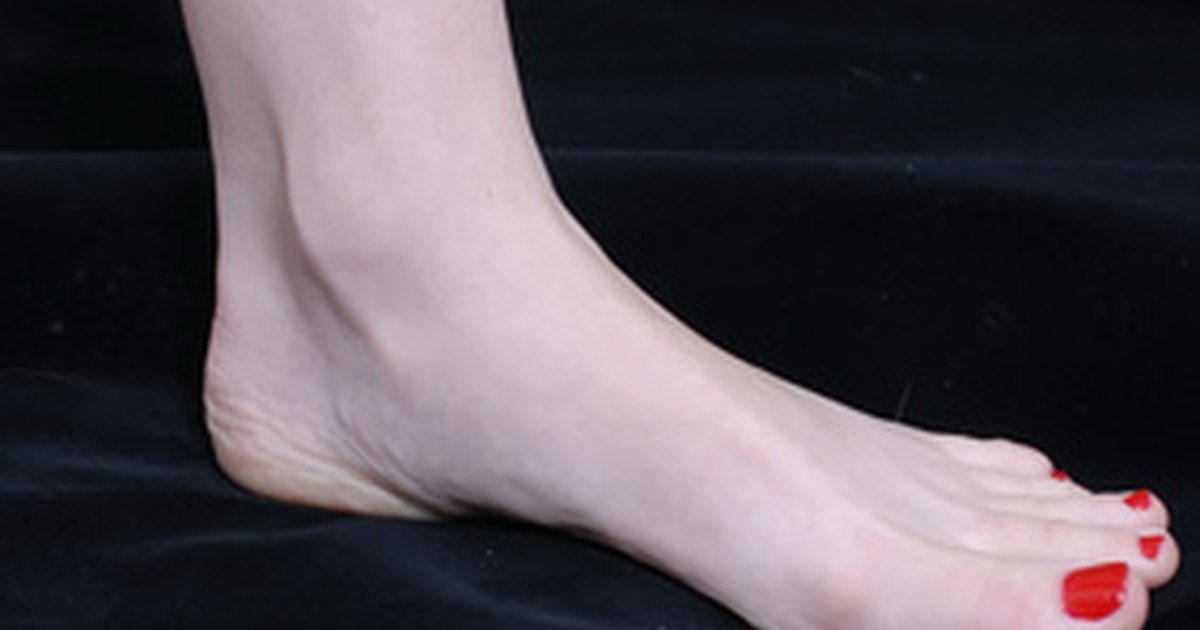

Levine one thing you definitely want in a shoe is good arch support.

Things to look for include a supportive yet flexible sole, laces, or adjustable straps for a snug (but not tight) fit. Levine, choosing well-structured shoes that fit properly is critical so that children with flat feet “don’t over-pronate and problems with their knees, hips, and back.” What To Look For When Shopping For The Best Kids’ Shoes For Flat Feet Levine says, “By restricting motion, you are eliminating the deforming forces that affect the forefoot.” She recommends seeing a podiatrist if your child suffers pain or any of the other complications associated with flat feet like “back pain, knee pain, neuromas, plantar fasciitis, juvenile arthritis, and juvenile bunions.”Īccording to Dr. Levine explains that all babies are born with flat feet and, “the arch develops over time and will change, and can even be covered with baby fat.” But if you kiddo is one of the roughly 5% who don’t grow out of their flat feet, supportive, well-fitting shoes are key.Ĭhoosing supportive shoes can make a long-term difference in how your child’s foot develops by helping the arch and foot form properly. She co-chairs the International Aesthetic Foot Society. Levine is a graduate of Columbia University, has written multiple books, and has been named one of New York’s top podiatrists by New York magazine. Suzanne Levine, D.P.M., RPT, PC, is an aesthetic podiatrist and board-certified podiatric foot surgeon specializing in aesthetic foot treatments and non-invasive procedures at her practice, Millennium Podiatry in Manhattan. Suzanne Levine for help in choosing the best shoes for supporting those little ankles and growing feet. Scary Mommy asked New York-based podiatrist Dr. The best kids’ shoes for flat feet prevent the foot from rolling inward while walking (called overpronation), which can strain muscles in the legs and feet. Choosing the right footwear is essential, even if your kiddo’s flat feet don’t bother them or cause pain.

Having flat feet is common in younger kids and some children never outgrow it.


 0 kommentar(er)
0 kommentar(er)
